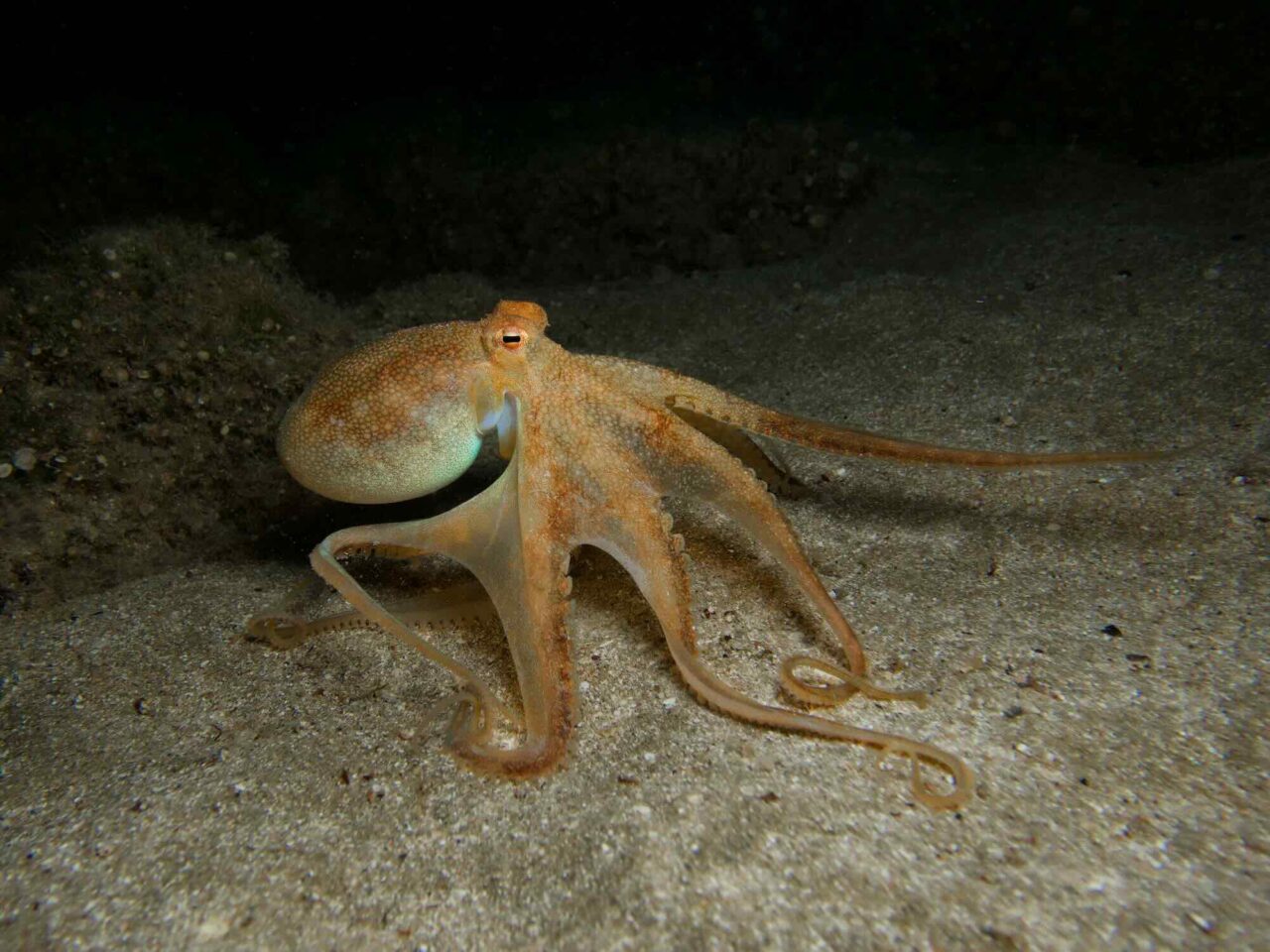Octopuses also have false memories
Sometimes we remember events completely wrong when our brain creates so-called false memories. A study shows that false memories also occur in some octopuses.

They have different abilities in the area of memory. Among invertebrates, the sepia-like cephalopods stand out because, as far as we know, they are the only animals besides vertebrates that possess episodic memory.
In other words, they can remember what happened to them in the past.
They are named because they have a hard internal skeleton, called a sepia, which is sometimes found on seashores and used to be called whale scales.
In recent years, they have received a lot of attention in scientific circles because of their mental abilities.
False memory
Episodic memory involves reconstructing past events. This means that the details of an event, such as smells, sights and sounds, need to be reconstructed in the correct order and context. If this does not happen and things are mixed up, false memories can be created. These are memories that are just as real as real memories – for example, people may think they have seen something they have not.
The new study, published in the scientific journal iScience, led by biologist Christelle Jozet-Alves from the University of Caen in France, shows that cuttlefish, like humans, also form false memories in the brain.
Individual cuttlefish
Researchers encouraged false memories by showing the cuttlefish – kept in an aquarium – a number of tubes, some empty, others with their favorite food, shrimp, in an order intended to confuse the animals. It showed that the cuttlefish were not able to form false memories. They ended up mixing up the tubes – they chose one that was empty. Judging from this, they reconstructed the event incorrectly – they had created a false memory.
But this was only true for visual impressions, not to odors. Perhaps these were the individual differences. The octopuses were not affected at all by the attempts to confuse them, others were clearly very sensitive and could be manipulated very easily. The researchers point out that the phenomenon is common even among us – some are more susceptible than others.




